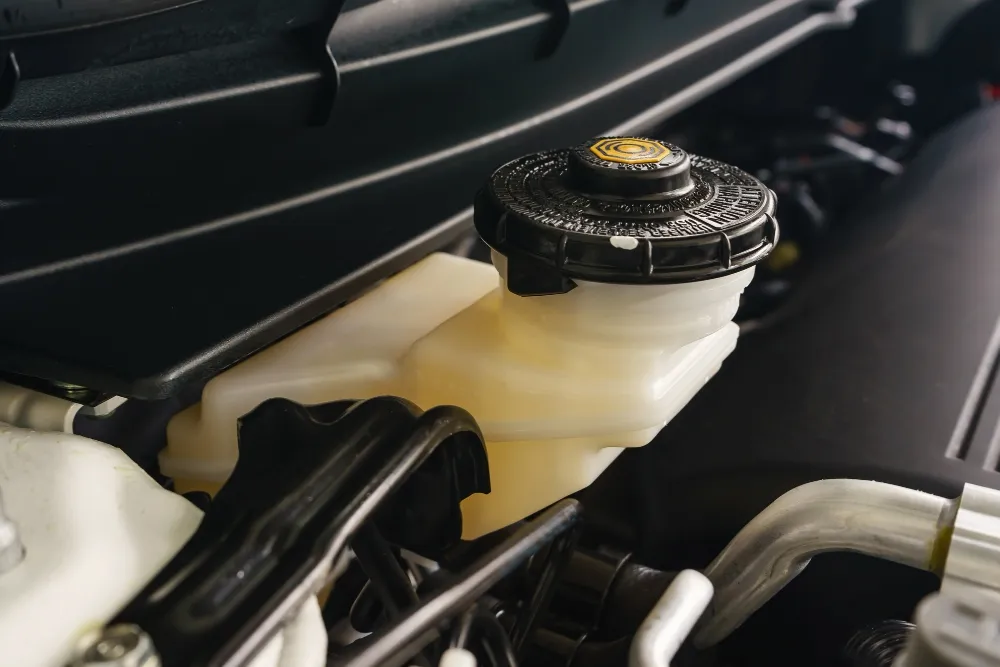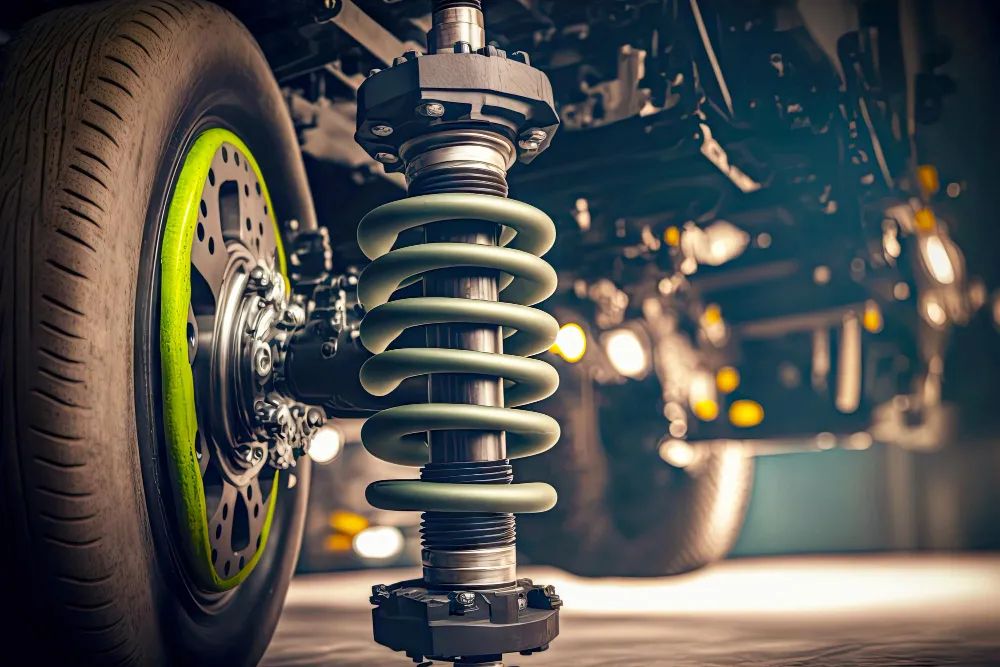For smooth driving, it is essential to keep your transmission fluid at the proper level. The fluid keeps the transmission lubricated and ensures optimal performance. When a car is in motion, friction in the gears can cause overheating if the fluid level is low. If your transmission fluid is running low, it’s important to consult a trusted mechanic in Houston. We’ve done complete research on how long you can safely drive a car with low transmission fluid.
Technically, the car can be driven with low fluid up to some miles. But it can risk the transmission system, and it can lead to different issues in it. In this blog, you’ll learn how you can know the car’s transmission fluid is low and how you can avoid damage to your vehicle.
Symptoms of Low Transmission Fluid
Below are the important symptoms of low transmission fluid you must know. It will help you detect the potential issue so you can be careful while driving.
Overheating Of Transmission System
Overheating is one of the visible symptoms that indicates your transmission fluid is low or about to end. It can be a great warning sign for you, and you may see an indicator on your car’s dashboard.
Furthermore, with overheating, you will experience smoke and a strange smell from the engine bay. You can check it by opening your car bonnet to see where the smoke is coming from. If you find it in the transmission fluid box, it means it is overheating and requires more fluid.
Problem in Shifting Gears
In the gearbox, there are metal gears that change with the help of fluid lubrication. If your transmission fluid is low, it may cause difficulty in shifting the gear. You may need more force to shift the gear from the gearstick. It is one of the major indicators that explains there is an issue in your transmission system. If you face difficulty in shifting gears, it is better to search for car transmission fluid change near me.
Warning Check Lights
While driving, pay attention to your car’s dashboard. On your car dashboard, if you see some warning signs related to the gearbox, it Is a sign that you need to get your transmission system checked. In the dashboard, if you see any engine check light, it can also be a sign that there is an issue with the engine. To know the cause, you can get your car diagnostics test.
Leakage of Transmission Fluid

If you see fluid leaking from the engine, it is one of the signs that the level of transmission fluid is reducing. It is not safe to drive a car with fluid leakage. It would be beneficial for you to call a mechanic or recovery company to your place to take your vehicle to a repair shop.
Driving with fluid leaking can harm your car’s engine, and you may face different potential damages. Therefore, it is better not to drive the vehicle with leakage.
Jerking While Driving
While driving, if you experience that your car is jerking, it is a sign that there is an issue with transmission. The most common issue can be low transmission fluid. But it can cause other damage too. When the fluid is low, the gear teeth don’t work smoothly that start jerking when you are driving.
Strange Noises
If you feel some strange noises while changing gears in driving. It is because the metals are grating. Metal-on-metal grating happens when there is less lubrication in the transmission. Dry and damaged gearboxes can be the reason behind strange noises that need immediate attention. At Eric’s Car Care, there are certified technicians and mechanics who have years of experience in fixing minor to complex vehicle issues.
What Will Happen If You Drive a Car on Low Transmission Fluid?
If your car has one of the symptoms mentioned above, it indicates your car has low transmission fluid. You don’t have any other option than to drive your car with low fluid. For 10 to 15 miles, it may not cause any harm if you want to take your car to the repair shop.
However, if there is a leakage of fluid, you may need mechanic assistance to take it to the repair shop.
The Bottom Line
If your vehicle is giving symptoms of low transmission fluid, it is your time to consult the nearest mechanic to get it fixed. If you want to change your transmission fluid by an expert mechanic, contact us at 713-667-9293.

